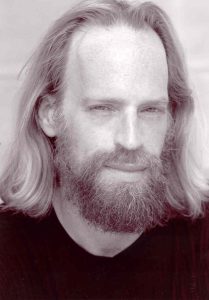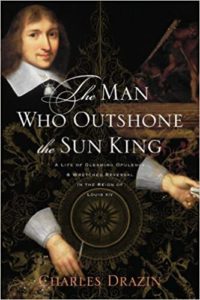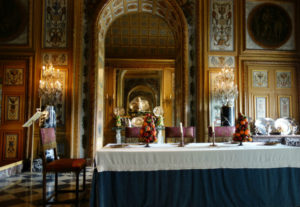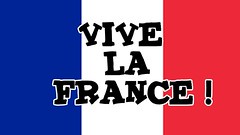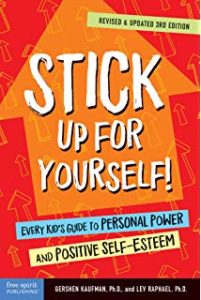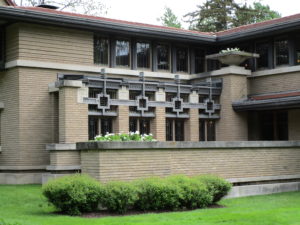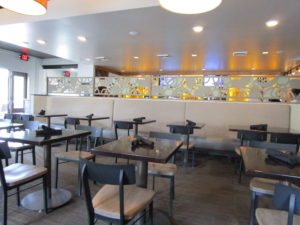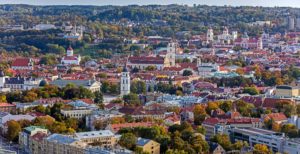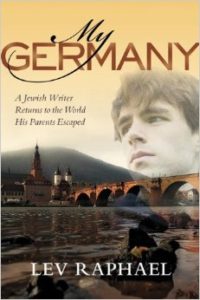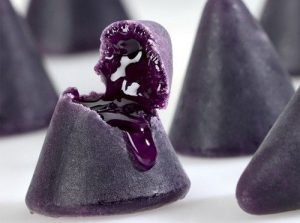The first time someone wondered if I was Norwegian I was on a beach in Israel. A Dutch man I’d briefly met at a conference nearby came over to me and pointed back to a guy further up the beach. He said “Bjorn wants to know where you’re from in Norway.”
I shrugged it off as a fluke since I’d always assumed my family heritage was Eastern European Jewish, (Russian, Polish, Lithuanian). But when I began traveling to Europe a lot, it started happening more often, especially in the Netherlands and Germany. I was once having dinner in Braunschweig while on a book tour for my memoir/travelogue My Germany when a man surprised me by sitting next to me at the trestle table. He said in German, “I do a lot of business in Norway.”
That seemed like a bizarre conversation starter. I must have looked puzzled, because he said (still in German), “You’re not Norwegian?” I shook my head: “Nein, ich bin Amerikaner.” We chatted anyway through our excellent dinners in a mixture of German and English, but he looked dubious, maybe because my German was too good in his opinion to be spoken by an American?
Similar situations have happened to me many other times in different ways, and back when my hair was shoulder-length, more than one German told me, “You look like a Viking.” Flying home from Berlin on another trip, my Swedish seatmate said half-way through the flight that he was surprised when I had started speaking to him in English because he’d been sure I was Norwegian when he boarded and took the seat next to me.
I finally thought I had the opportunity to get to the heart of this mystery when I overheard some people at a hotel lobby in New Jersey who were clearly Swedish–and something else. I recognized the sound of Swedish from having watched many (un-dubbed) Swedish movies, and took a guess that the one guy in the group who sounded different was Norwegian. I hoped so, anyway. When he headed off for the men’s room and then returned, I intercepted him before he got back to his buddies.
“Are you Norwegian by any chance?” I asked.
He nodded. I quickly filled him in on my experiences being taken for one of his countrymen and asked, “So, do I look Norwegian to you?”
He scanned up and down and shrugged. “What does a Norwegian look like?”
Well, a recent DNA analysis says I’m 5.4% Scandinavian, so all those people saw something that was always there and my family had no clue about. It might explain my deep affinity for Scandinavian crime fiction and on-screen adventure on screen like Vikings, The Last Kingdom and Wallander. And could it explain that I felt so comfortable learning Swedish that friends with Swedish relatives said my accent was so good?
Jag vat inte. I don’t know. Ar jag skandinavisk? Could very well be……
Lev Raphael is the author of 27 books from memoir to mystery and he coaches writers at writewithoutborders.com.


